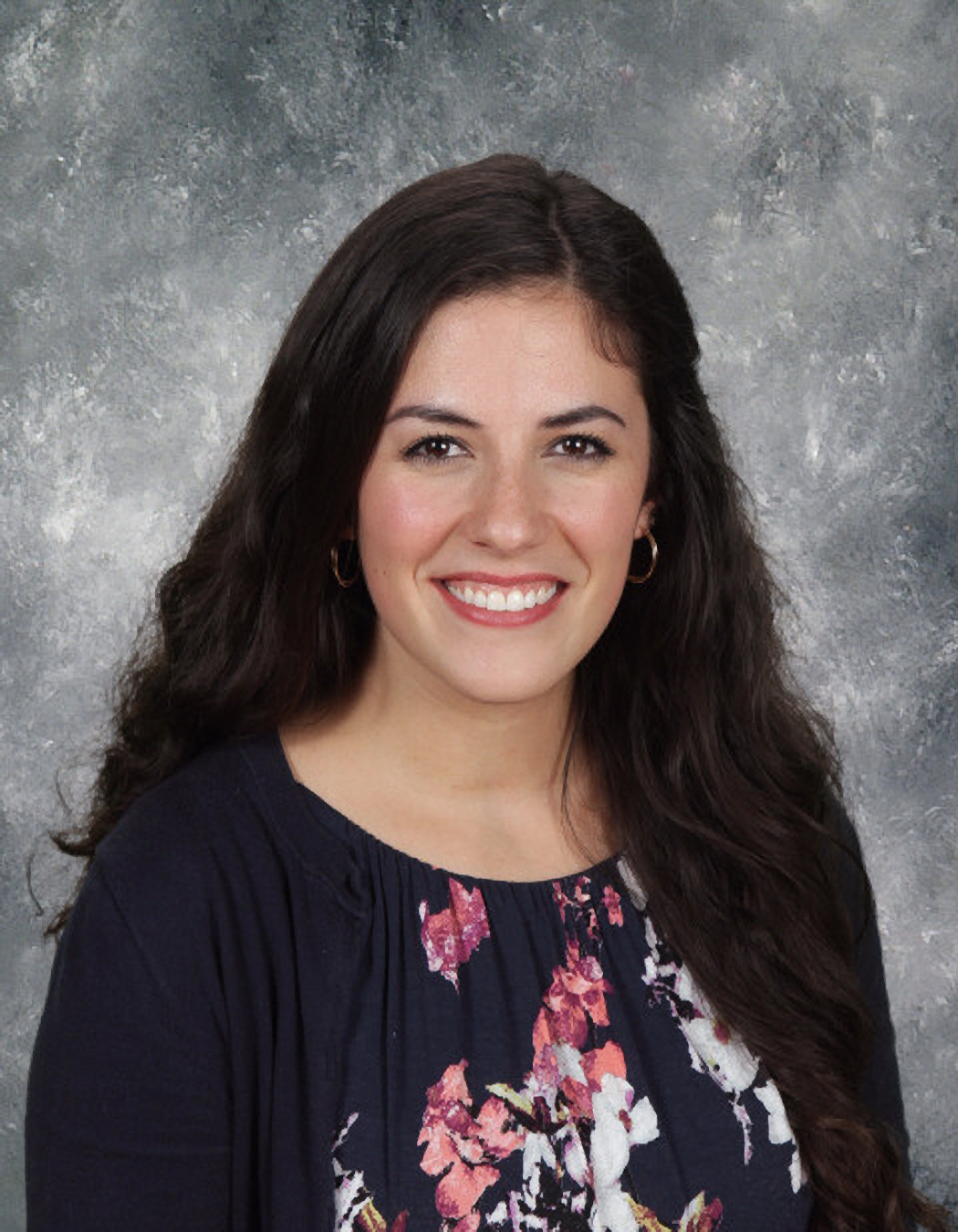By now, you have most likely realized that some of our nomenclature is different than traditional public schools. Because of our classical tradition, we love to give Latin names to ordinary things; for example, we’ve named our cafeteria, “prytaneum,” our library, “bibliotheca,” and our buildings, “Meridian” and “Borealis.” Each name is intentional and unique to Classical Prep. We have also named our schools uniquely, i.e. Grammar (K-5), Logic (6-8), and Rhetoric (9-12). This, however, is not unique to Classical Prep, but rather is central to many classical schools in the nation. Some of you may not know why this is and may think the names insignificant, but this nomenclature is vital to what and how we teach every day.
From the ancient Greeks and Romans and later perfected by academics in the Middle Ages, we received the “Liberal Arts.” The Liberal Arts consist of seven arts, or disciplines, which are thought to free the mind from the bondage of ignorance. The first three of these taught toward the beginning of one’s educational journey are known as the trivium, or “the three-fold path.” Can you guess what the three are? If you guessed grammar, logic, and rhetoric, then you are correct! In classical schools, grammar, logic, and rhetoric are central disciplines because they are the foundation of how one learns. As Susan Wise Bauer says in her book, The Well-Educated Mind, “Grammar, logic, and rhetoric train the mind in the art of learning.”
But how is this accomplished? How do we teach our students how to learn rather than what to learn? How do we create lifelong learners? The answer is found within each of the stages of learning. Much of the educational model in classical schools is taken from Dorothy Sayers’ essay presented at Oxford in 1947, “The Lost Tools of Learning.” As an academic and lover of all things classical, she was the first to link the trivium to the stages of development of a grade-school-aged child. Prior to her revolutionary thought, the three disciplines of the trivium were used primarily as a method of language acquisition. After Sayers, educators understood that the three ancient steps beautifully paired with how a child learns as he or she matures.
In the grammar stage (K-5), children are much like a parrot, Sayers argued; they eagerly memorize things by heart and recite them ad nauseum. Their little minds are like proverbial sponges, soaking up anything and everything they can learn (especially when put to a song, chant, or rhyme) and then repeating it over and over. And they love it! Susan Wise Bauer aptly describes the role of students in the grammar stage as gaining basic facts or building a foundation of knowledge. It is simple, yet beautiful, and absolutely necessary as they proceed into the next stage of learning, the dialectic (or logic stage). Logic-aged students, roughly 6th-8th graders, have a knack for arguing and for asking, “How do I know this is true, good, or right?” (I’m sure you can think of a few teenagers to which this applies.) Capitalizing on this, classical schools train their pupils in the art of logic, or argumentation. They organize what they gleaned on a basic level in grammar school and learn to evaluate and analyze it properly. It isn’t until the rhetoric stage (9th-12th grade) that students formulate fallacy-free opinions of all they have received and learn to express these opinions eloquently in both speech and writing. Rhetoric aged students (or those in “the Poetic Age” as named by Sayers) love to express themselves and seek independence and meaning. This is the perfect stage to digest all they have learned and make the knowledge truly their own by grappling with it and defending it to others. This process–understanding facts, evaluating those facts, and then expressing an opinion of those facts–is the foundation of learning anything well. The trivium are the “tools of learning,” as Sayers so geniously coined, and it is by these tools that our scholars will crack the challenging code of discovering how to learn for the remainder of their days.
On the surface, grammar, logic, and rhetoric may seem like disciplines of old, outdated in a 21st century classroom. Nothing could be farther from the truth! If there is one thing we should take away from the ancients, it is that human nature is the same yesterday, today, and forever. Therefore, it is essential to know how children learn naturally and then learn how to teach that way really, really well. And if we do it well, which we strive to do every day, then your children will not only have mastered a lot of good knowledge by the time they graduate, but they will also love to learn! And even more so, through this love of learning, they will have formed a good and virtuous character. Learning something well is hard and takes immense discipline and perseverance; but as Aristotle proclaimed long ago, although the roots of education are bitter, the fruit it yields is sweet.
I look forward to continuing this cursory journey into classical education with you so that our scholars, your children, might taste and relish in the delight of a sweet and meaningful trivium-driven education.
Sincerely,
Gabrielle Lewis
Grammar School Dean of Academics

